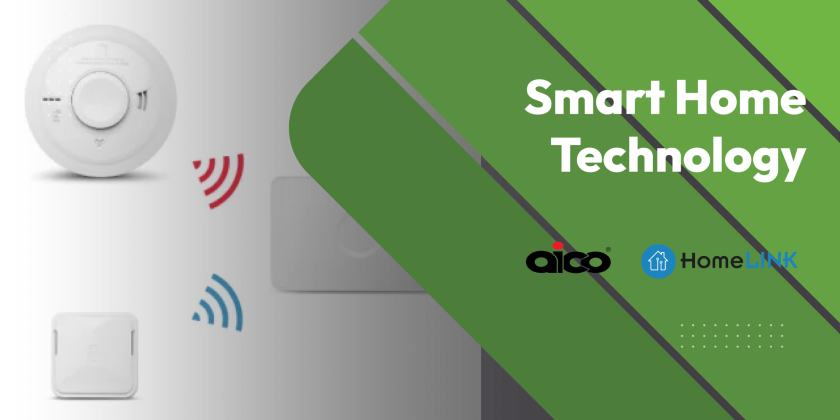Dont Miss Out on the Great British Insulation Scheme
With soaring energy costs, The Great British Insulation Scheme (GBIS) offers a fantastic opportunity to cut your energy bills, improve your homes insulation and lower your carbon footprint.
Introduction to the Great British Insulation Scheme (GBIS)
Launched in 2013 as part of the Energy Company Obligation (ECO), GBIS is a government scheme promoting sustainable living and lower energy use across the UK. You can receive up to 100% of the cost for installing insulation.
GBIS is open to all UK homeowners, landlords and tenants. It covers different types of insulation including:
- Loft insulation
- Cavity wall insulation
- Solid wall insulation
- Underfloor insulation
As buildings are responsible for a high portion of carbon emissions, improving energy efficiency with insulation has a big impact.
What is GBIS and how does it work?
You can apply for an Energy Company Obligation (ECO) grant through GBIS. The scheme is funded by the major energy suppliers. The amount depends on:
- The property type
- Location
- Current insulation
If approved, your properties insulation is assessed. You’re then given recommendations for improvements and accredited installers complete the work. On average grants cover two-thirds of the cost.
GBIS benefits
- Lower energy bills – By insulating your home you can reduce heat loss. During winter you’ll use less energy to keep your home warm, which lowers bills.
- Increased comfort – With better insulation, you’ll have fewer drafts and cold spots and a more comfortable home.
- Reduced Carbon footprint – Carbon emissions are reduced as proper insulation reduces heat loss.
- Health benefits – Moisture control and reduced condensation can prevent mould and mildew, which can effect respiratory health.
My personal experience as a coordinator with GBIS
As a coordinator with the Great British Insulation Scheme (GBIS), I have witnessed the positive impact on households. From financial savings to reducing carbon emissions, the scheme really makes a difference to peoples lives.
One thing that struck me was how easy the process is. From filling out an application form and booking an assessment, to inspection, recommendations and completing the work, it’s quick and simple.

How to apply for GBIS and eligibility
If you’re interested in applying, the eligibility criteria and application process are explained below.
Eligibility Criteria
- Household income – Your total household income is below a certain level. (This varies based on your location)
- Home ownership – There are no extra requirements for homeowners. If you are a tenant, you need permission from your landlord.
- Property type – Only domestic dwellings are eligible. This includes houses, flats, bungalows and some mobile homes.
- Age of property – Typically, only properties built before 2000 are eligible. This is because older properties often have less effective insulation, and upgrading results in better energy savings.
Impact of GBIS on energy efficiency and the environment:
GBIS impacts both energy efficiency and the environment.
Energy Efficiency:
- Reduced heat loss: Proper insulation reduces the heat loss from your home. This means during winter, your home keeps heat in and you don’t need to turn up the heating as high to stay warm so your energy bills fall as a result.
- Consistent temperature: With better insulation, your home’s temperature remains more consistent year round. You’ll experience fewer drafts and cold spots and a more comfortable home. .
Environmental Impact:
- Reduced Carbon emissions: Buildings are responsible for a high portion of carbon emissions. With GBIS, less energy is needed to heat or cool your home, which means fewer greenhouse gas emissions are produced.
- Energy conservation: GBIS encourages energy conservation by making homes more energy-efficient. It reduces the need for fossil fuels, lowers air pollution, and lessens the strain on natural resources.
- Long-term sustainability: GBIS encourages homeowners to adopt greener practices. It’s not about one-time improvements; it’s about more environmentally conscious living.
Conclusion:
GBIS is an incredible opportunity. It’s a win-win situation for both homeowners and tenants and the environment.
Thanks to GBIS you can stay warm, save money, and make a positive impact on the environment



